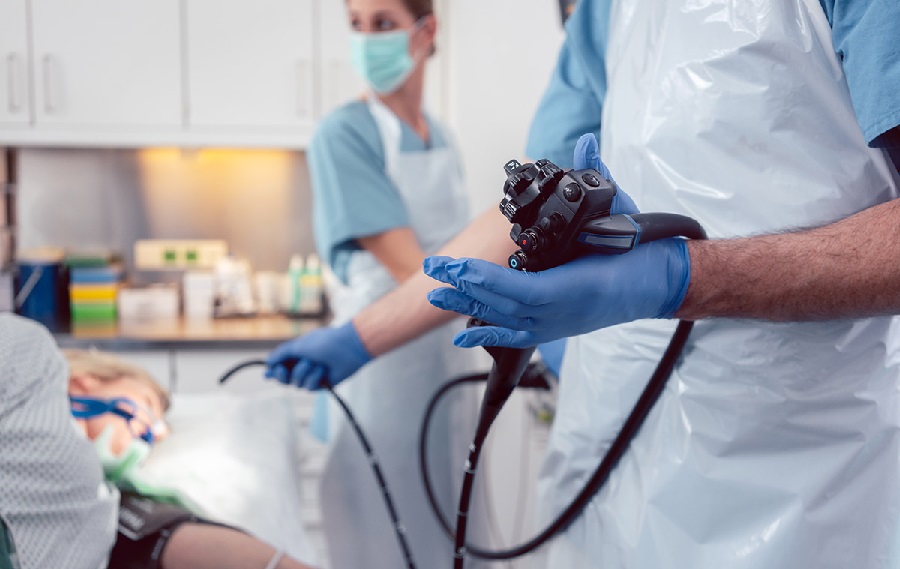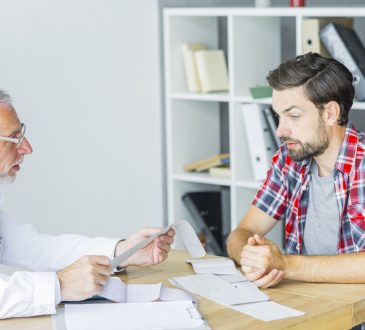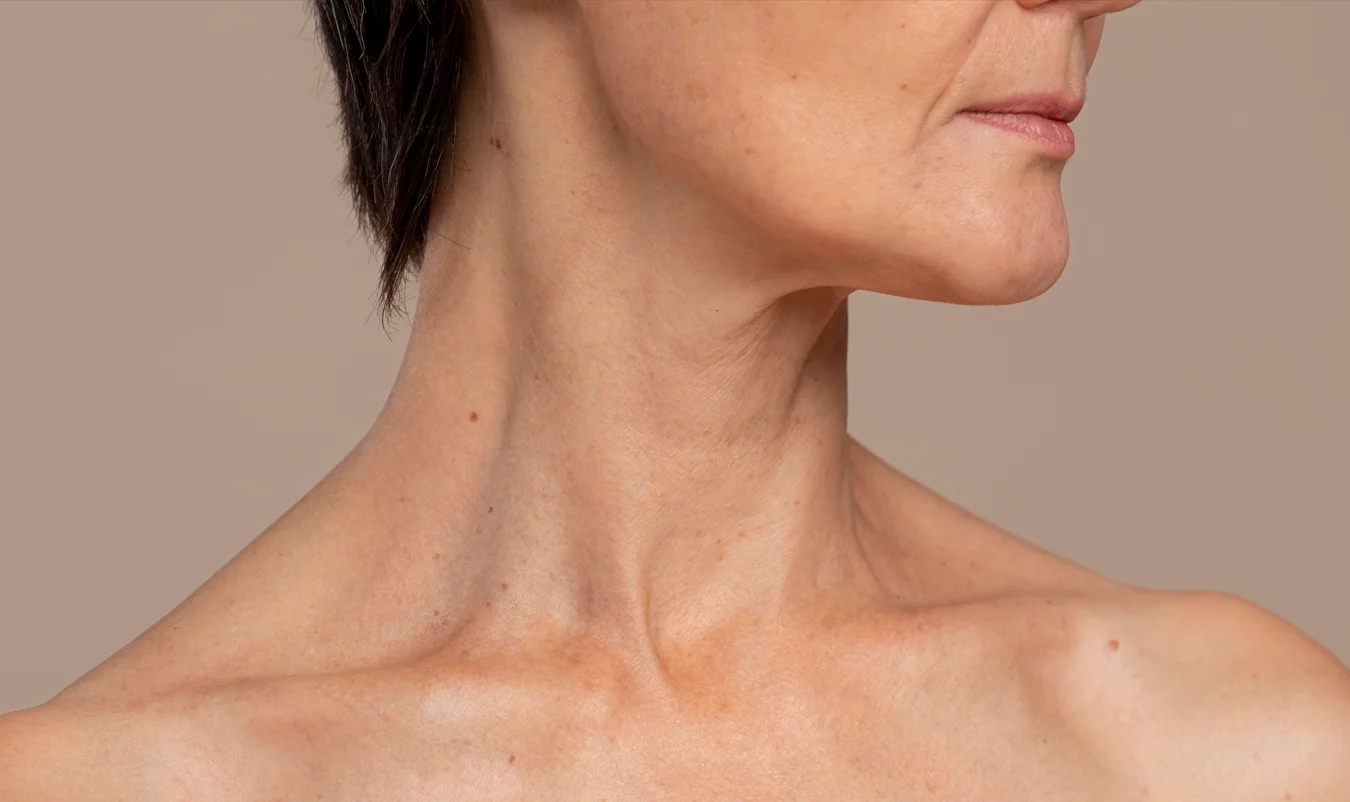
A gastroscopy is a medical procedure that allows a doctor to examine the inside of your stomach and the upper part of your small intestine. This procedure is done using a thin, flexible tube with a camera and light at the end, called an endoscope.
A gastroscopy can help diagnose a wide range of digestive problems, including acid reflux, stomach ulcers, and cancer. Preparing for a gastroscopy can seem daunting but it does not have to be.
Below are some of the steps you can take to prepare for a gastroscopy so that you can feel confident and relaxed on the day of the procedure.
Talk to your doctor
The first step in preparing for a gastroscopy is to talk to your doctor. Your doctor will give you instructions on how to prepare for the procedure and answer any questions you may have.
Be sure to tell your doctor about any medical conditions you have, such as heart problems, diabetes, or allergies, as well as any medications you’re taking. Your doctor may ask you to stop taking certain medications before the procedure, so it’s important to follow their instructions closely.
Plan ahead
Make sure you have someone to drive you home after the procedure. You will be given sedatives to help you relax during the gastroscopy, which means you won’t be able to drive or operate heavy machinery for at least 24 hours afterward. Arrange for a friend or family member to pick you up and stay with you until the sedatives wear off.
Fast before the procedure
Your doctor will likely ask you to fast for a certain amount of time before the gastroscopy. This means you won’t be able to eat or drink anything for several hours before the procedure. Fasting helps ensure that your stomach is empty, which makes it easier for the doctor to see the inside of your stomach during the procedure.
Dress comfortably
Wear loose, comfortable clothing on the day of the procedure. You may be given a gown to wear during the gastroscopy, so make sure you wear something that’s easy to take off and put on. Avoid wearing jewelry or other accessories that could interfere with the procedure.
Prepare for the sedation
During the gastroscopy, you will be given sedatives to help you relax and reduce any discomfort or pain. The sedatives will make you feel drowsy and may even put you to sleep.
It’s important to follow your doctor’s instructions on when and how to take the sedatives. In addition to these general steps, there are some specific things you can do to prepare for a gastroscopy if you have certain medical conditions or concerns:
- If you have diabetes, talk to your doctor about how to adjust your medications and insulin doses before and after the gastroscopy. Fasting can affect your blood sugar levels, so it’s important to work with your doctor to manage your diabetes during this time.
- If you have heart problems or take blood-thinning medications, talk to your doctor about how to manage these conditions before the gastroscopy. The sedatives used during the procedure can affect your heart rate and blood pressure, so it’s important to take precautions if you have a history of heart problems.
- If you have a history of allergies or have had a bad reaction to sedatives in the past, let your doctor know. They may need to adjust the type or dosage of sedative they use during the gastroscopy.
- If you’re pregnant or breastfeeding, talk to your doctor about the risks and benefits of the gastroscopy. In most cases, the procedure is safe during pregnancy and breastfeeding, but it’s important to weigh the potential risks and benefits in your individual situation.
- If you have a history of anxiety or panic attacks, talk to your doctor about strategies for managing these feelings during the gastroscopy. Some people find it helpful to listen to music or practice deep breathing exercises during the procedure to help them relax.
Overall, preparing for a gastroscopy involves a combination of general steps and individualized considerations based on your medical history and concerns. By working closely with your doctor, following their instructions, and taking care of yourself before and after the procedure, you can help ensure a successful and comfortable gastroscopy experience.




